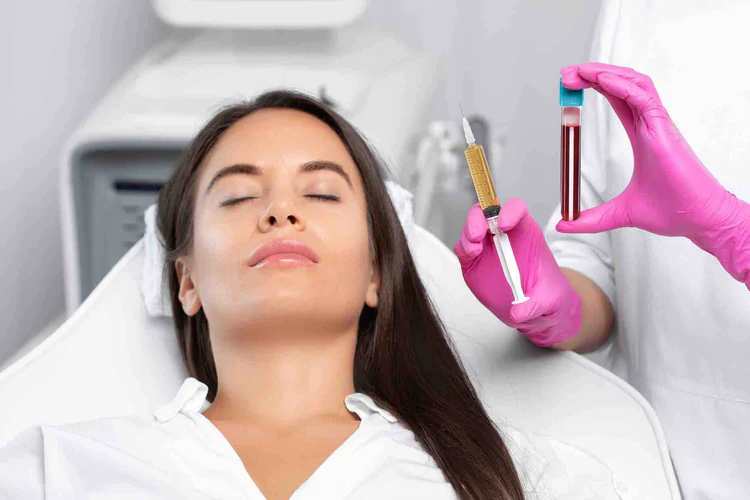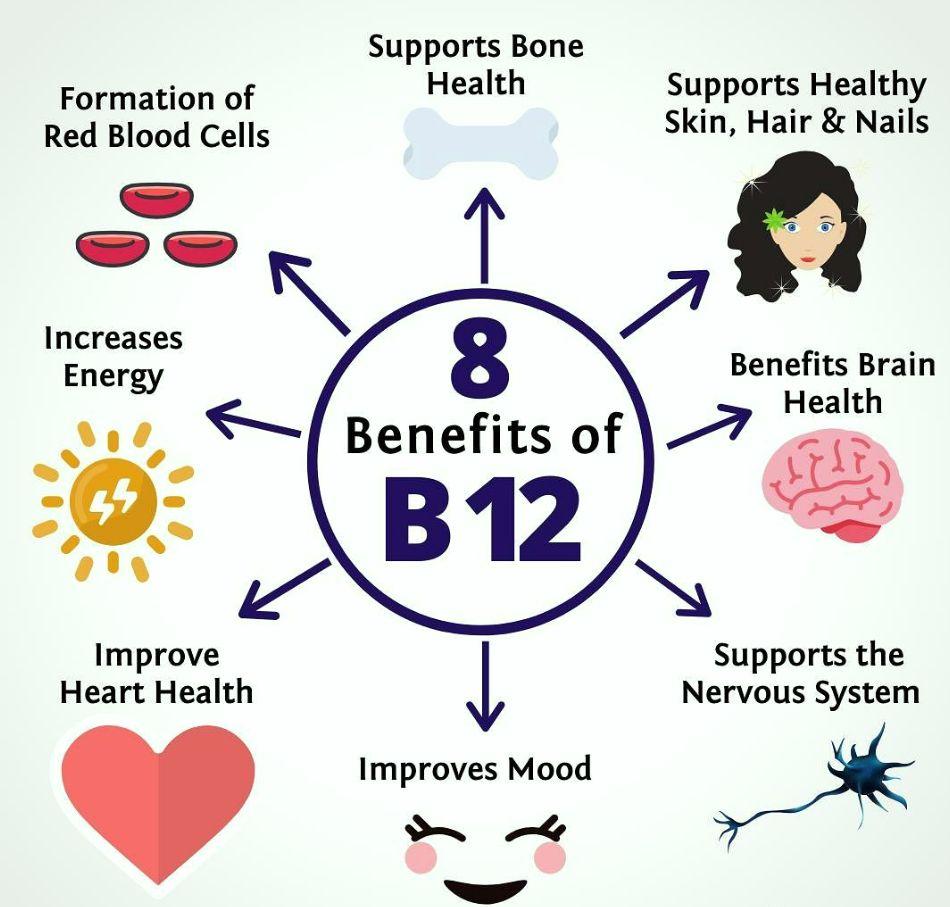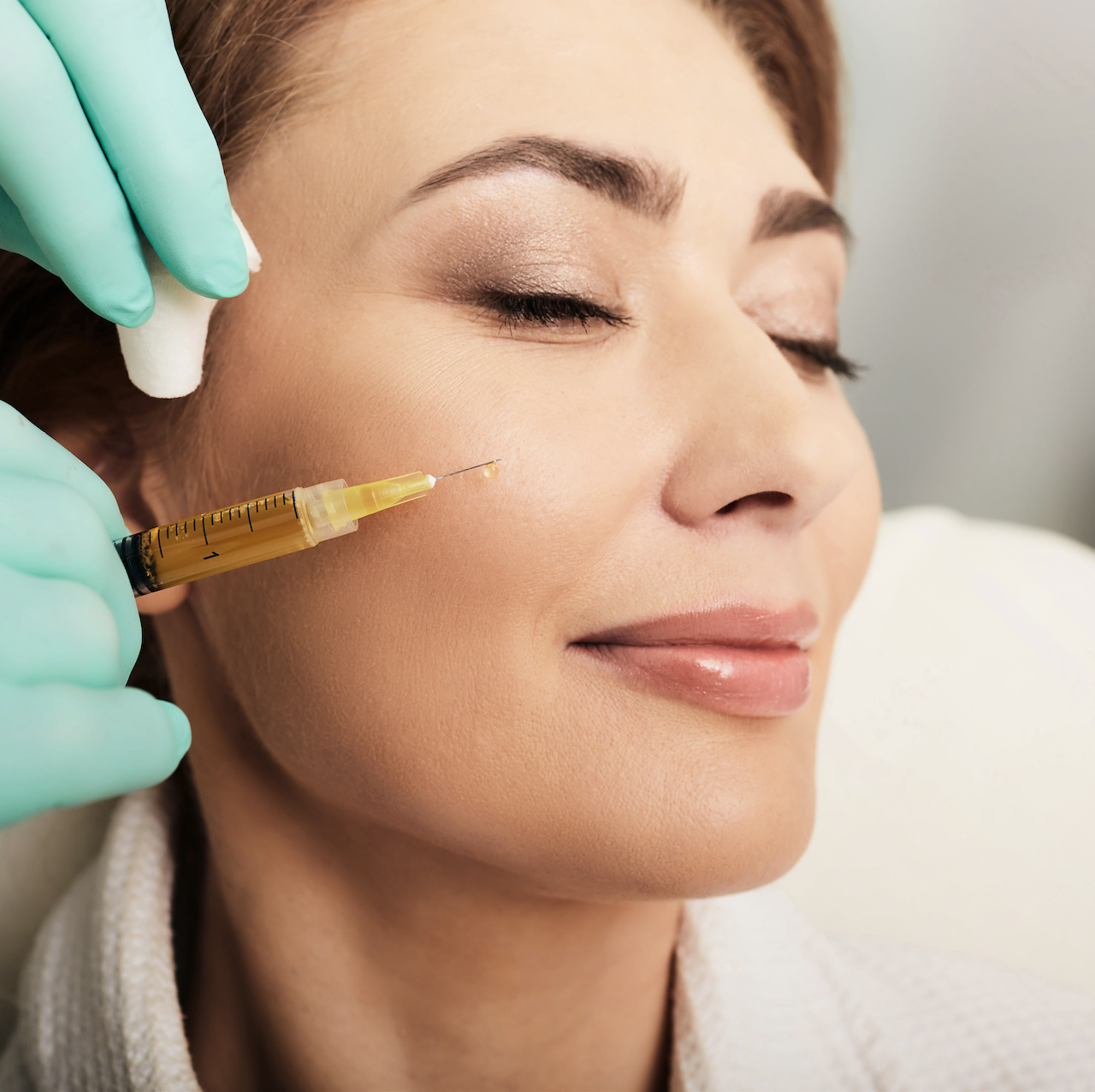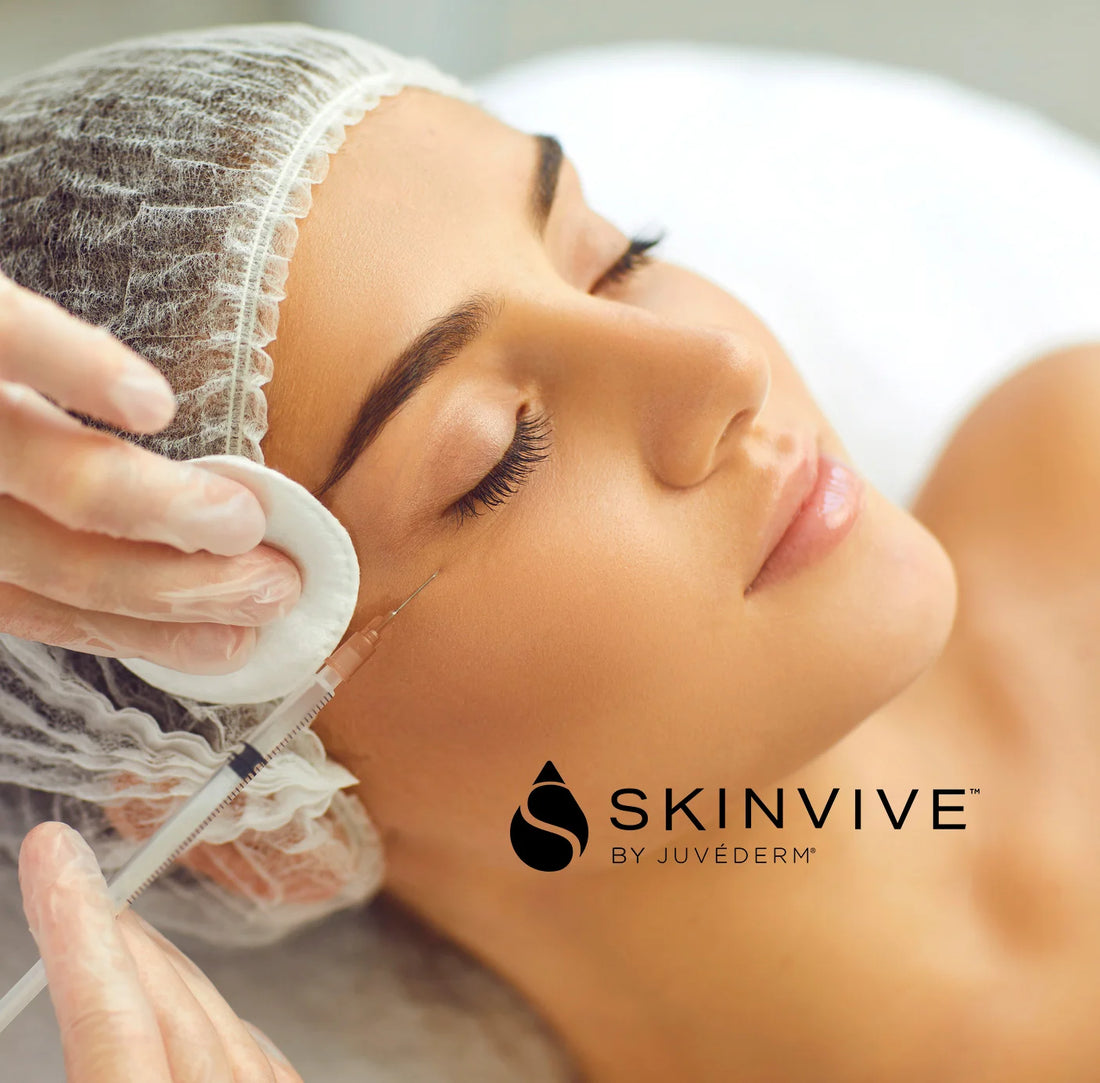When considering Botox treatments, it is essential to be aware of various factors that can influence your results and recovery. One such factor that often comes up is the consumption of alcohol. Whether you are new to Botox or a seasoned user, understanding the relationship between Botox and alcohol can help you make informed decisions and maximize the effectiveness of your treatment.
Botox, widely known for its ability to reduce the appearance of wrinkles and fine lines, works by temporarily paralyzing muscles to smooth out the skin. However, the success of your treatment does not solely depend on the injection itself but also on your post-treatment care. Alcohol, a common indulgence for many, can have various effects on your body, including blood thinning and dehydration, which can impact the healing process after a Botox injection.
In this article, we will delve into the potential risks and recommended guidelines for consuming alcohol after Botox treatment. By understanding these aspects, you can ensure a smoother recovery and better results from your Botox sessions. If you are considering Botox or have any questions about post-treatment care, book an appointment / free consultation or call 647-812-8752 for more info.
Why Avoid Alcohol After Botox
It is generally advised to avoid alcohol after receiving Botox injections, and there are several compelling reasons for this recommendation. Firstly, alcohol acts as a blood thinner, which can increase the risk of bruising and swelling at the injection sites. Since Botox works by temporarily paralyzing muscles, any additional swelling or bruising can make it more challenging to achieve the desired results.
Moreover, alcohol can lead to dehydration, which may negatively affect your skin’s overall health and its ability to recover from the treatment. Dehydrated skin can become more sensitive and less resilient, potentially prolonging the healing process and leading to suboptimal outcomes.
Another reason to avoid alcohol is that it can interfere with your body’s natural healing mechanisms. Alcohol consumption might impair your immune system, making it harder for your body to repair itself and recover from the microtraumas caused by the needle injections. This can delay the time it takes to see the full effects of your Botox treatment.
Additionally, consuming alcohol can increase your heart rate and blood pressure, which might exacerbate any side effects you experience from the Botox injections, such as headaches or dizziness. By steering clear of alcohol, you can help ensure a smoother and more comfortable recovery period.
Understanding these potential risks underscores the importance of avoiding alcohol after Botox to achieve the best possible results and maintain your overall well-being.
Potential Risks of Alcohol Post-Treatment

While the occasional drink might seem harmless, consuming alcohol after a Botox treatment can pose several potential risks. One of the most significant risks is the increased likelihood of bruising and swelling. Alcohol acts as a vasodilator, meaning it widens blood vessels and can lead to greater blood flow. This can exacerbate any bruising and swelling around the injection sites, making them more pronounced and longer-lasting.
Another risk is the possibility of interference with the healing process. Alcohol consumption can weaken your immune system and impair your body's ability to heal. This is particularly concerning after a Botox treatment, as your skin needs time to recover from the micro-injuries caused by needle pricks. Delayed healing can result in prolonged discomfort and may even affect the final outcome of your treatment.
Additionally, alcohol can dehydrate the skin, which can be detrimental following Botox. Dehydrated skin tends to be less elastic and more prone to irritation, which can hinder the effectiveness of the treatment. Well-hydrated skin, on the other hand, aids in a quicker recovery and better absorption of the Botox.
Lastly, consuming alcohol can lead to an increase in side effects. Alcohol can elevate your heart rate and blood pressure, which might amplify any initial side effects from the Botox injections, such as headaches, dizziness, or a feeling of nausea. By avoiding alcohol, you minimize these risks and contribute to a more seamless and pleasant recovery.
Being aware of these potential risks can help you make more informed decisions post-treatment, ensuring that you get the most out of your Botox experience.
Recommended Timeframe for Alcohol Consumption

Understanding the recommended timeframe for alcohol consumption after a Botox treatment is crucial for achieving optimal results and minimizing potential risks. Generally, it is advisable to avoid alcohol for at least 24 to 48 hours following your treatment. This window allows your body ample time to start the healing process and for the Botox to settle into the targeted muscles without interference.
During the first 24 hours, your body is particularly sensitive to external factors, and introducing alcohol can exacerbate side effects such as bruising, swelling, and redness. Extending this period to 48 hours can further reduce the likelihood of complications and enhance the overall effectiveness of the treatment.
It's also important to note that individual responses to Botox can vary. Some people may experience prolonged sensitivity and might benefit from extending their alcohol-free period even further. Consulting with your healthcare provider can offer personalized advice tailored to your specific needs and recovery process.
If you're planning a social event or celebration that involves alcohol, it’s best to schedule your Botox appointment well in advance. This foresight allows you to enjoy your event without compromising the results of your treatment. Additionally, staying well-hydrated and maintaining a healthy diet during this period can further support your body's recovery and enhance the outcome of your Botox treatment.
By adhering to these recommended guidelines, you can ensure a smoother recovery and maximize the benefits of your Botox treatment, all while minimizing potential risks and side effects.
Tips for Optimal Botox Results

Achieving optimal results from your Botox treatment requires more than just the procedure itself; it involves a commitment to post-treatment care and lifestyle adjustments. Here are some key tips to help you get the most out of your Botox sessions:
- Avoid Touching Treated Areas: Refrain from massaging, rubbing, or putting pressure on the treated areas for at least 24 hours post-treatment. This helps to prevent the Botox from migrating to unintended muscles.
- Stay Upright: For the first 4 to 6 hours after your treatment, avoid lying down. Staying upright helps the Botox to settle properly and reduces the risk of bruising or swelling.
- Skip Strenuous Activities: Engaging in intense physical activities, like heavy exercise, can increase blood flow and potentially spread the Botox to unintended areas. It’s best to avoid such activities for at least 24 hours.
- Use Gentle Skincare Products: Opt for gentle, non-irritating skincare products in the days following your treatment. Avoid products that contain alcohol, retinoids, or other harsh ingredients.
- Stay Hydrated: Drinking plenty of water supports overall skin health and can aid in your body’s recovery process.
- Avoid Alcohol and Smoking: Both alcohol and smoking can hinder your recovery and increase the risk of side effects. Steering clear of these substances for at least 24 to 48 hours post-treatment is advisable.
- Follow Up with Your Provider: Regular follow-up appointments allow your healthcare provider to monitor your progress and make any necessary adjustments to your treatment plan.
Incorporating these tips into your post-treatment routine can significantly enhance the effectiveness of your Botox treatment, ensuring longer-lasting and more satisfying results. Remember, the care you take after your treatment is just as critical as the procedure itself.
Consulting Your Botox Specialist

One of the most crucial steps for ensuring a successful Botox experience is consulting with a qualified and experienced Botox specialist. Your specialist plays a vital role in guiding you through the pre-treatment process, executing the procedure with precision, and offering valuable post-treatment advice. Here's why consulting your Botox specialist is essential:
- Personalized Treatment Plan: Your Botox specialist will assess your individual needs and aesthetic goals to create a customized treatment plan. This ensures that the Botox is administered in a way that complements your natural features and addresses your specific concerns.
- Expertise and Precision: A skilled specialist has the knowledge and expertise to inject Botox accurately, minimizing the risk of side effects and ensuring optimal results. Their understanding of facial anatomy allows them to target the right muscles for a natural, youthful appearance.
- Comprehensive Consultation: During your consultation, your specialist will explain the procedure, discuss potential risks and benefits, and answer any questions you may have. This open communication helps you feel confident and informed about your treatment.
- Post-Treatment Care: Your specialist will provide detailed post-treatment instructions tailored to your needs. Following their advice is crucial for maximizing the effectiveness of your Botox treatment and minimizing any potential complications.
- Follow-Up Appointments: Regular follow-up appointments with your specialist allow for monitoring of your progress and any necessary adjustments to your treatment plan. This ongoing relationship ensures that you continue to achieve the best possible results.
Consulting with a Botox specialist is the cornerstone of a safe and successful treatment journey. Their expertise not only enhances your results but also provides peace of mind throughout the process.
Ready to take the next step towards rejuvenated skin? Book an appointment for a free consultation or call 647-812-8752 for more information. At Beauty O'Clock Medical Spa, we are dedicated to helping you achieve your aesthetic goals with the utmost care and professionalism.
